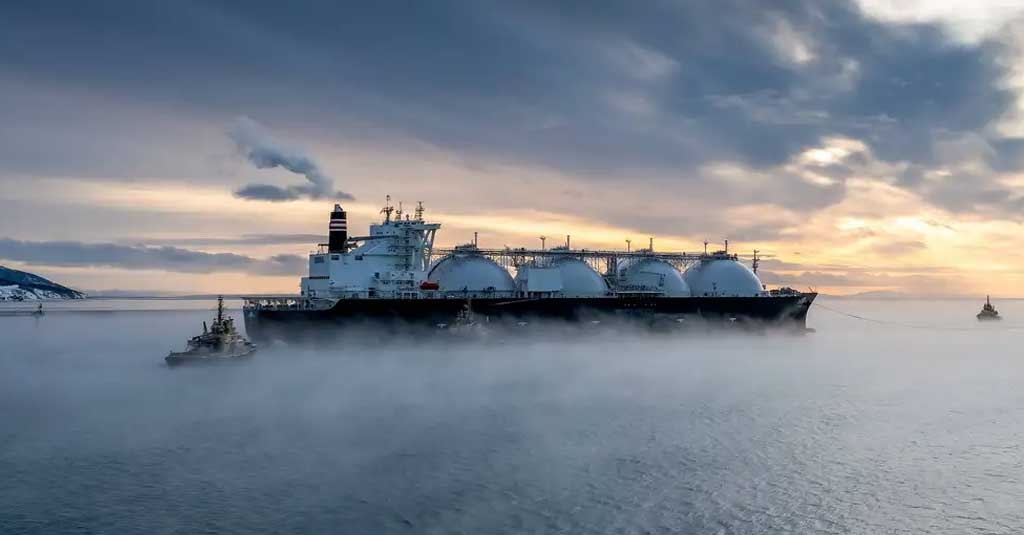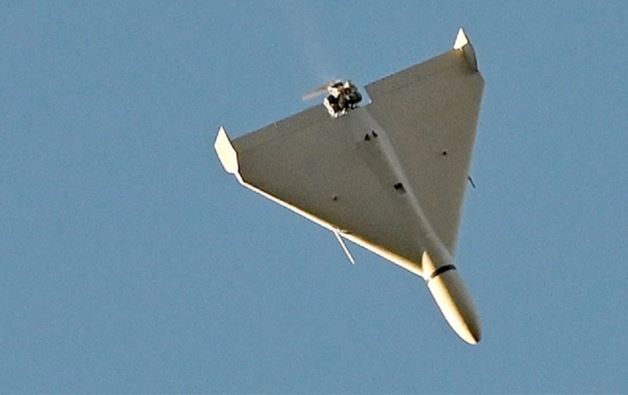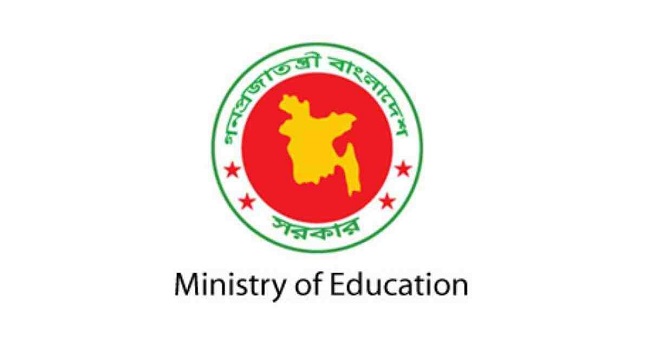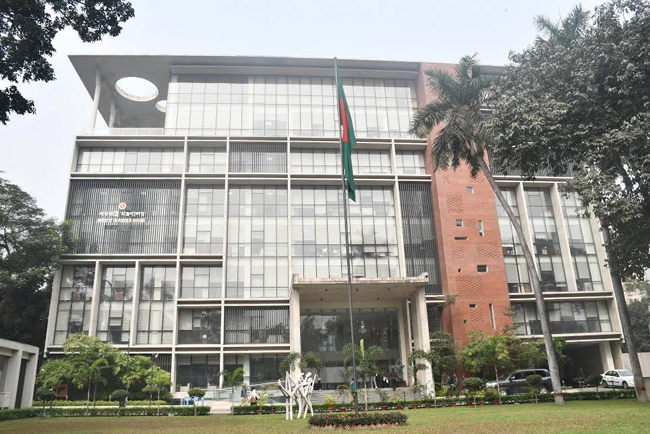Dhaka
Friday, 17 May, 2024
- Dhaka, Friday, 17 May, 2024

International Desk, Bangladesh Global: Although the EU has dramatically reduced the amount of Russian gas it imports, significant quantities are still flowing into the bloc.
More than two years since Russia began its full-scale invasion of Ukraine, its gas is still flowing into Europe.
While the European Union has greatly reduced the amount of gas it imports from Russia, the hydrocarbon is still powering some European homes and businesses and boosting Kremlin revenues as a result.
When the war began, European leaders were forced to reckon with a long-established dependence on both Russian gas and oil. Gas was a particular problem, as in 2021, 34% of the EU's gas came from Russia.
Countries in Central and Eastern Europe were especially dependent. When the EU mooted a ban, German Chancellor Olaf Scholz was quick to voice his opposition. "Europe has deliberately exempted energy supplies from Russia from sanctions. At the moment, Europe's supply of energy for heat generation, mobility, power supply and industry cannot be secured in any other way," he said.
Vladimir Putin seized on this. Throughout 2022, Russia cut gas imports to Europe. European leaders fretted about a winter energy shortage. These fears were never realized, but crucially, they meant the EU never actually sanctioned Russian gas.
"It was never a sanction," says Benjamin Hilgenstock from the Kyiv School of Economics. "It was a voluntary decision by countries, and a smart one, to diversify supply and no longer be blackmailable by Russia," he told DW.
How LNG imports from Russia replaced pipeline gas
According to EU data, the share of Russian pipeline gas member states imported fell from 40% of the total in 2021 to about 8% in 2023. However, when Liquefied Natural Gas (LNG) is included — natural gas cooled down to liquid form so it can be transported by ship — the total share of Russian gas in the EU's total last year was 15%.
A key way the EU reduced its reliance on Russian gas was by increasing LNG imports from countries such as the United States and Qatar. However, this has inadvertently led to a surge of heavily discounted Russian LNG entering the bloc.
According to the data provider Kpler, Russia is now the EU's second-biggest LNG supplier. LNG imports from Russia accounted for 16% of the EU's total LNG supply in 2023, a 40% increase compared with the amount Russia sold to the EU in 2021.
Import volumes in 2023 were slightly down from 2022, but data from the first quarter of 2024 shows that Russian LNG exports to Europe have risen again by 5% year-on-year. France, Spain and Belgium have been particularly big importers. Those three countries accounted for 87% of the LNG that came into the EU in 2023.
Countries want to stop 'trans-shipping' LNG
Yet much of this LNG is not needed by the European market and is being handled at European ports before being reexported to third countries worldwide, with some EU states and companies profiting as a result.
"A lot of the Russian LNG that goes to Europe is just being 'trans-shipped,'" said Hilgenstock. "So that has nothing to do with Europe's natural gas supply. It's just European companies making money facilitating Russian LNG exports."
According to a recent report by the Centre for Research on Energy and Clean Air (CREA), just under a quarter of Europe's LNG imports from Russia (22%) were trans-shipped to global markets in 2023. Petras Katinas, an energy analyst with CREA, told DW that most of this LNG was sold to countries in Asia.
As a result, several EU members, such as Sweden, Finland and the Baltic States, are putting pressure on the bloc to enact a total ban on Russian LNG, a move that would require the agreement of all member states.
EU discussions are currently focused on banning the reexport of Russian LNG from European ports. According to the news agency Bloomberg, the sanctioning of key Russian LNG projects, such as Arctic LNG 2, the UST Luga LNG terminal and the Murmansk plant, is also being considered.
"We should really basically ban Russian LNG," said Hilgenstock. "We don't think it plays any significant role for European gas supply, or it can be relatively easily replaced through LNG from other sources." A 2023 study by the Bruegel think tank backs up this analysis.
Yet Acer, the EU's energy regulator, recently warned that any reduction of Russian LNG imports should take place "in gradual steps" to avoid an energy shock.
The EU countries still piping in Russian gas
Pipeline gas from Russia is also still coming into the EU. Although the Nord Stream pipelines are not operational and the Yamal pipeline no longer brings Russian gas to Europe, Russian gas still flows into Austria's Baumgarten gas hub via pipelines that cross Ukraine. The Austrian state-owned OMV energy company has a contract with Russian gas company Gazprom until 2040.
In February, Austria confirmed that 98% of its gas imports in December 2023 were from Russia. The government says it wants to break the contract with Gazprom as early as possible, but EU sanctions on Russian gas are necessary for that to happen legally.
Like Austria, Hungary has continued to import pipeline Russian gas in large quantities. Hungary also recently struck a gas deal with Turkey, but experts say this gas, via Turkstream, is also from Russia.
Hilgenstock says that some countries have continued to buy Russian gas as they are benefiting from cheap, attractive contracts. "So unless and until there is an embargo on Russian natural gas, then it's really up to these countries to do this," he said.
For countries such as Austria and Hungary, a possible end to their pipeline imports from Russia may ultimately be fashioned by Ukraine. Kyiv insists it will not renew existing deals it has with Gazprom to let gas flow via its territory. That agreement expires at the end of 2024.
Stay tuned for latest news and updates bangladeshglobal.com Log in to get breaking news and hot topics of the day:www.bangladeshglobal.com






























































